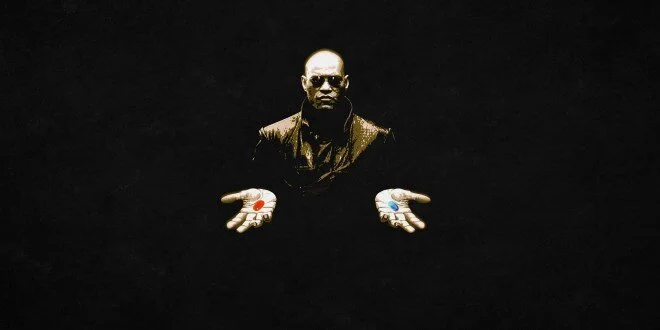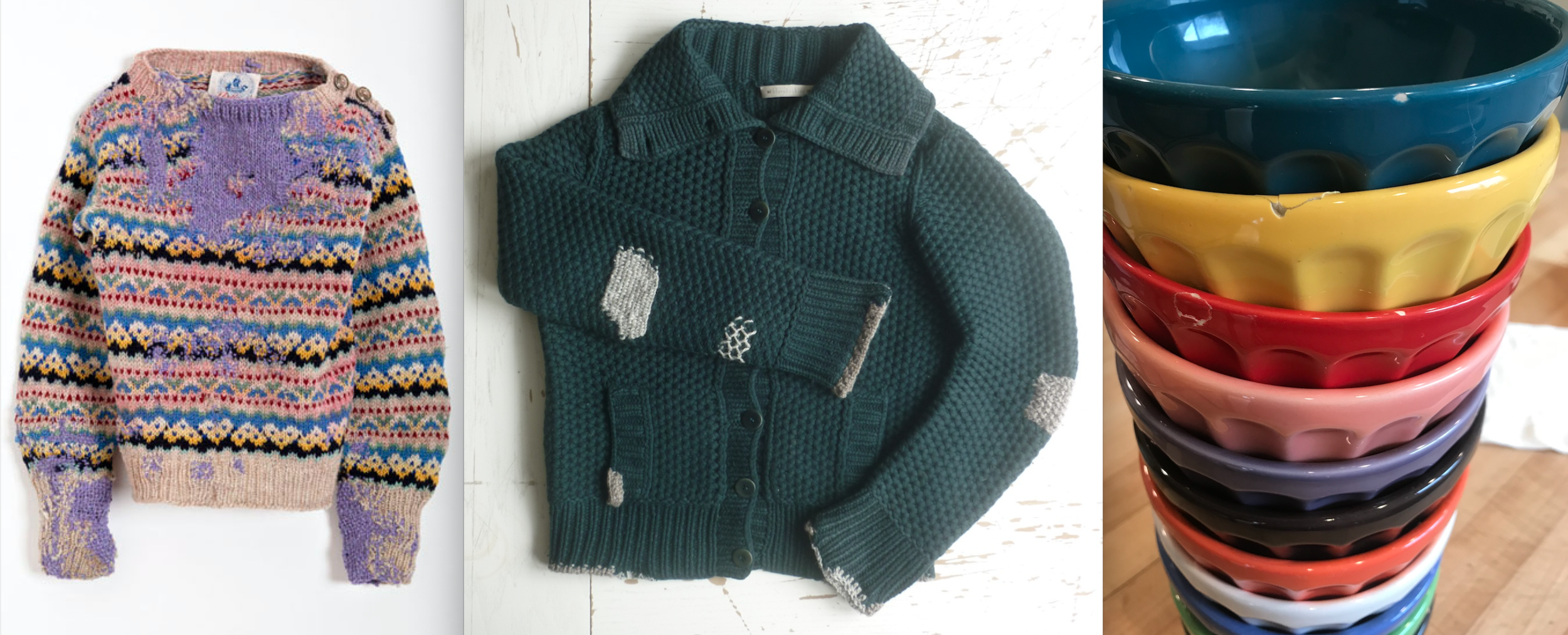My favorite new discovery is an On Being podcast called Poetry Unbound. The first episode highlights a poem by Brad Aaron Modlin that is both simplistic and haunting, reminding me of places in my story where I felt like an orphan trying to navigate life on my own without a compass.
Whether it is how to be at rest with unfinished things, give myself over to a fantasy novel, celebrate without sugar or appreciate eye liner, there is much goodness I’ve taught myself as an adult that would have been so nourishing to have learned at an earlier age.
“What You Missed That Day You Were Absent from Fourth Grade”
A poem for what you learn alone by Brad Aaron Modlin
Mrs. Nelson explained how to stand still and listen
to the wind, how to find meaning in pumping gas,
how peeling potatoes can be a form of prayer.
She took questions on how not to feel lost in the dark.
After lunch she distributed worksheets
that covered ways to remember your grandfather’s
voice. Then the class discussed falling asleep
without feeling you had forgotten to do something else—
something important—and how to believe
the house you wake in is your home.
This prompted Mrs. Nelson to draw a chalkboard diagram detailing
how to chant the Psalms during cigarette breaks,
and how not to squirm for sound when your own thoughts
are all you hear; also, that you have enough.
The English lesson was that I am
is a complete sentence.
And just before the afternoon bell, she made the math equation
look easy. The one that proves that hundreds of questions,
and feeling cold, and all those nights spent looking
for whatever it was you lost, and one person
add up to something.
What do you remember learning, discovering or figuring out on your own growing up? What did you want to be able to do but had no one to teach you? In what ways did you feel you were left to stumbled through the dark and what heartache did that bring? What story of navigating life alone do you need to tell in order to be kinder to how long it’s taken you to learn what others have always seemed to know?



